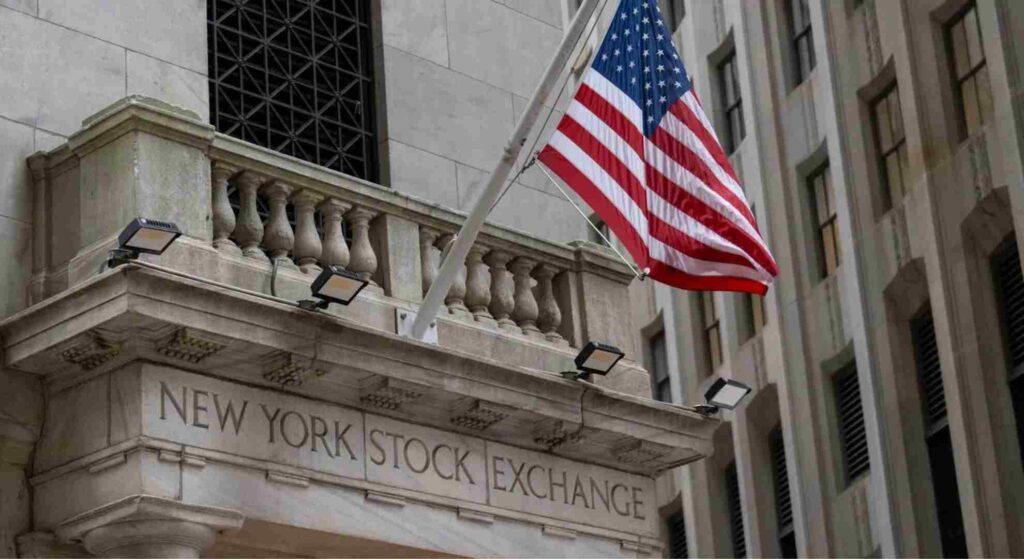
The U.S. economy faces a potential recession, with analysts growing increasingly concerned about stock market volatility and persistent inflation. As economic uncertainty rises, financial experts warn that the combination of these factors could lead to a downturn. Both businesses and consumers are starting to feel the pressure, with many bracing for the possibility of reduced growth and increased financial challenges in the near future.
Stock Market Volatility and Inflation Concerns
One of the primary indicators fueling fears of a recession is the ongoing volatility in the stock market. Over recent months, markets have experienced sharp swings, reflecting investors’ concerns over corporate earnings, global economic instability, and tightening monetary policies. The Federal Reserve’s attempts to combat inflation through interest rate hikes have led to mixed results, and while inflation has cooled slightly, it remains well above the desired target.
The combination of stock market volatility and sustained inflation has triggered unease across multiple sectors of the economy, from tech and finance to retail and real estate. Companies are scaling back investments, and consumers are becoming more cautious with their spending, which could further slow economic growth.
Rising Recession Risks
Analysts point out that several economic indicators suggest that the U.S. economy is facing a potential recession. The yield curve, a reliable predictor of economic downturns, has inverted several times in recent months, which historically signals a recession. Additionally, consumer confidence has been waning as wages struggle to keep up with the rising cost of goods, particularly in essential areas like housing, healthcare, and energy.
Another key factor contributing to the growing recession risks is the tightening of credit markets. Banks have become more reluctant to lend as they assess the increasing risks of defaults, particularly in industries hit hard by inflation and supply chain disruptions. As borrowing becomes more expensive, both businesses and consumers may find it harder to finance new projects, leading to slower economic activity.
Preparing for a Downturn
In light of the increasing risks, financial advisors recommend that individuals and businesses take proactive steps to safeguard their finances. For consumers, this may include building an emergency fund, paying down high-interest debt, and reconsidering major purchases. Businesses, on the other hand, are advised to focus on improving efficiency, cutting unnecessary expenses, and bolstering cash reserves to weather any potential economic storms.
While it remains uncertain whether a full-blown recession will materialize, the warning signs are clear. The U.S. economy’s potential recession underscores the importance of staying informed and prepared for whatever challenges may lie ahead.
Conclusion
As the U.S. economy faces a potential recession, staying vigilant about market trends and economic indicators is crucial. Both businesses and individuals should prepare for the possibility of economic turbulence, with a focus on managing finances and mitigating risks.
image source – thedailyguardian.com


